【FOCUS】Prompt Safe Public Spaces
Cities provide basic security for the lives and properties of their residents, maintain and safeguard the order, interests, and values of the public domain. A good public security is the core foundation of urban development and also the basic conditions for residents' production and life. The Sustainable Development Goals refer to make cities inclusive, safe, resilient, and sustainable. This week's In Focus will introduce five innovative cases that prompt safe public spaces.
Piraeus, Greece
Be Secure-Feel Secure - Holistic Urban Security Governance Framework for Monitoring, Assessing and Forecasting the Efficiency, Sustainability and Resilience of Piraeus
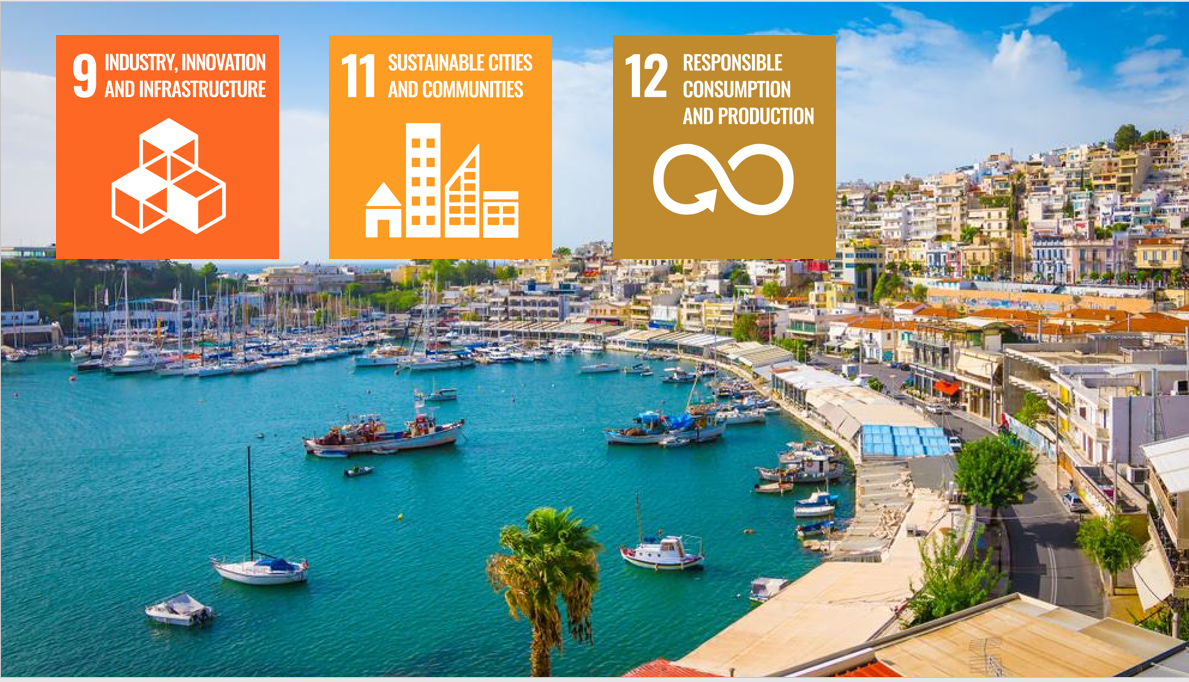
Piraeus is the largest & busiest port in Greece. The urban threat landscape in Piraeus is mainly comprised by small scale crime, night crime activities, drug & cigarettes smuggling and immigrants’ trafficking.
The Be Secure-Feel Secure (BSFS) proposed solution aims to provide a holistic framework against urban security threats, focusing on crime prevention and improvement of the actual and perceived security. This can be achieved via efficient collaboration of key urban entities, infrastructures, and the citizens, entailing seamless information sharing and increased social cohesion. In this line, BSFS will be implemented in three layers (governance, cyber and social & spatial actions). Utterly, the BSFS project will deliver a governance framework and a collaborative urban security management platform in order to improve both the urban security landscape of Piraeus and increase its citizens’ perception of safety.
More info:
https://uia-initiative.eu/en/uia-cities/piraeus
Tampere, Finland
SURE - Smart Urban Security and Event Resilience
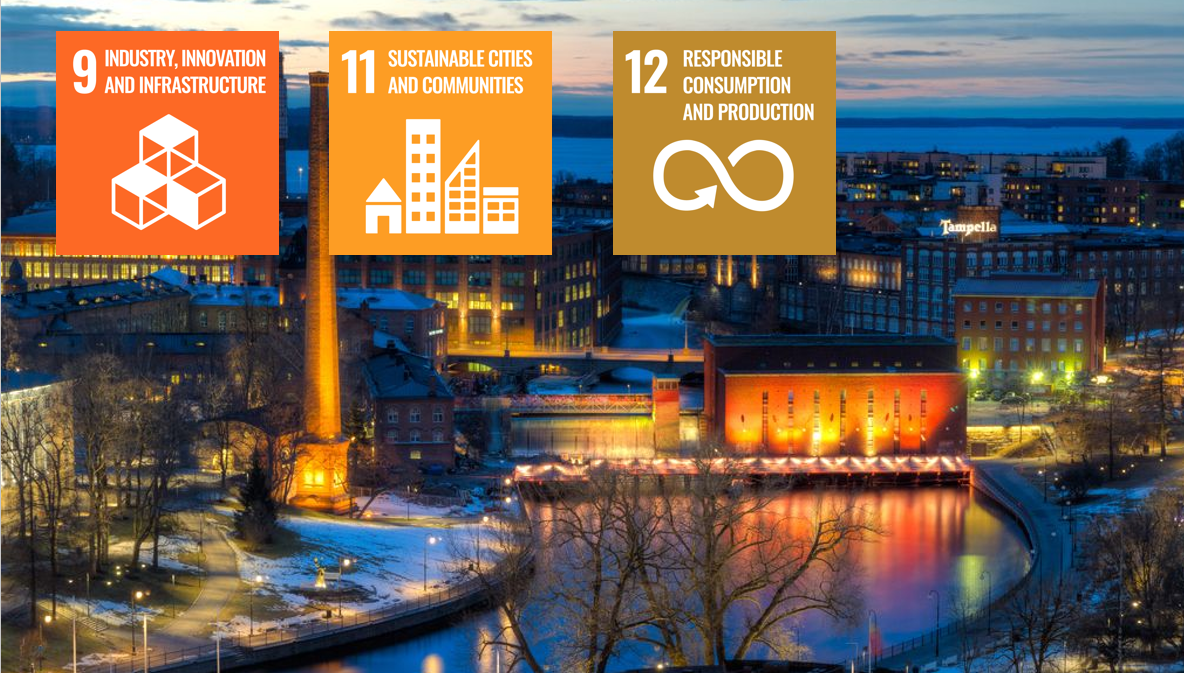
The urban challenge tackled by SURE is based on the rapid growth, major urban changes and related urban security challenges and development needs in Tampere. The key challenge of SURE is to maintain the high level of urban security in Tampere in connection with the rapid urban change, and to prevent a severe security incident without over-securing security-sensitive urban areas which may cause the undermining of the citizens’ sense of security.
The proposed solution focuses on safety and security of security-intensive urban environments in Tampere - with event areas, infrastructure and actual events, and their smooth and seamless integration with the surrounding urban environment and infrastructure as the core focus. Technically, the solution comprises of and focuses on data- and user-driven urban security planning, proactive analytics and monitoring, simulation, and training of large crowd concentration- and event-related urban security in a complex and evolving urban environment, as well as on related investments.
More info:
https://uia-initiative.eu/en/uia-cities/tampere
Turin, Italy
To-nite - Community-based urban security
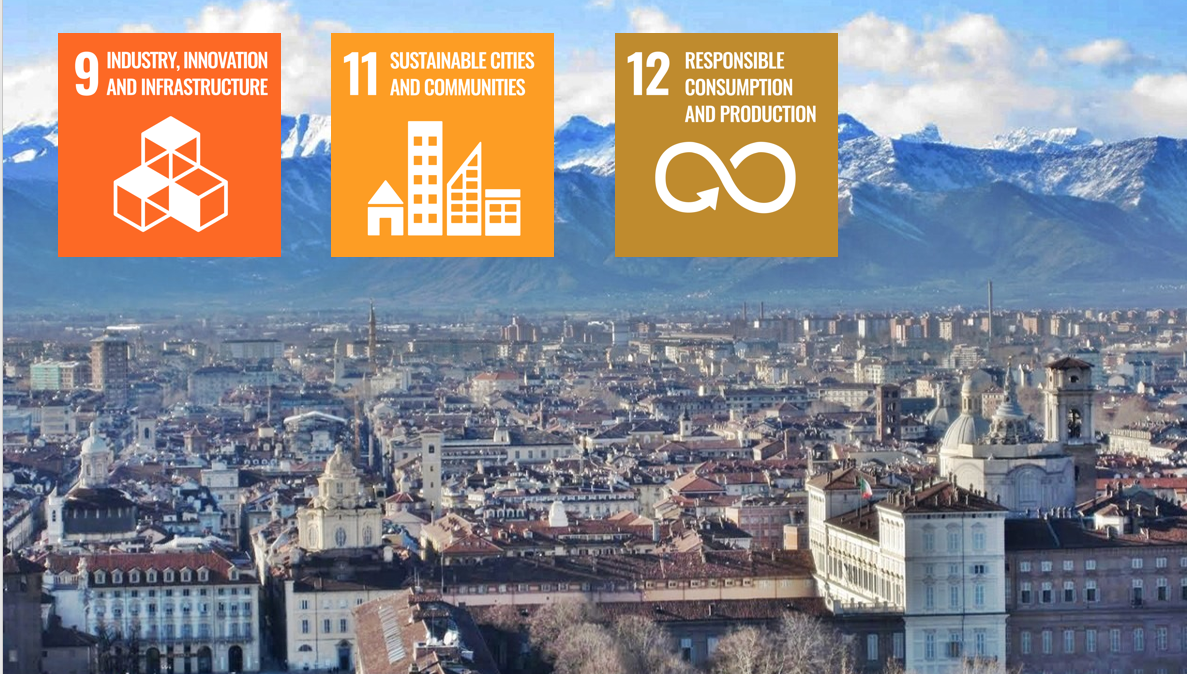
Enhancing the perception of urban safety through collaborative policies based on social empowerment and active participation of residents and stakeholders is the main objective of To-Nite. Making urban spaces safer during the night is a major issue for the city of Turin and its residents.
TO-Nite aims to deliver community-based urban security through community activation, empowerment, and technology-based social sensing. This will allow the City to face the challenge by implementing multidisciplinary and co-designed solutions with communities aimed at improving the livability of public spaces and the perceived security of our communities.
More info:
https://uia-initiative.eu/en/uia-cities/turin-call4
Addis Ababa, Ethiopia
Development of a sustainable transport system
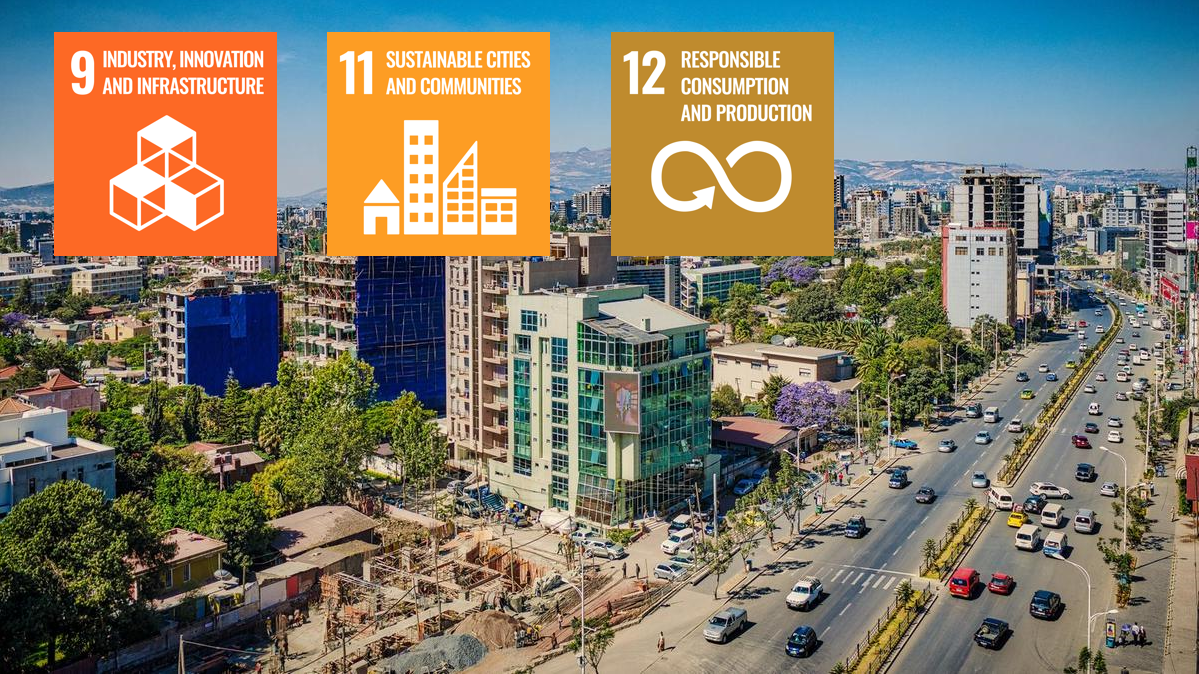
Rapid urbanization in Addis Ababa has led to a rise in poverty and social inequality. Demand for transport has increased faster than the city can provide it and is creating health and safety risks, impeding economic development and producing more greenhouse gas emissions.
The Transport Policy adopted in 2011 promotes the expansion of mass transport systems along with non-motorized mobility to achieve a more socially inclusive, economically affordable, environmental friendly and technologically advanced transport system. The policy sets the foundations for a renewed public transport system and the improvement of traffic management practices through the introduction of Intelligent Transportation Systems (ITS).
More info:
https://use.metropolis.org/case-studies/sustainable-transport-in-addis-ababa
This case is :
Originally published on use: urban sustainability exchange. use is an open knowledge exchange platform dedicated to sustainable city making.
Visit use: https://use.metropolis.org/
Grand Lyon, France
Gabriel Peri Square – Management of a public space to ensure sustainable social integration
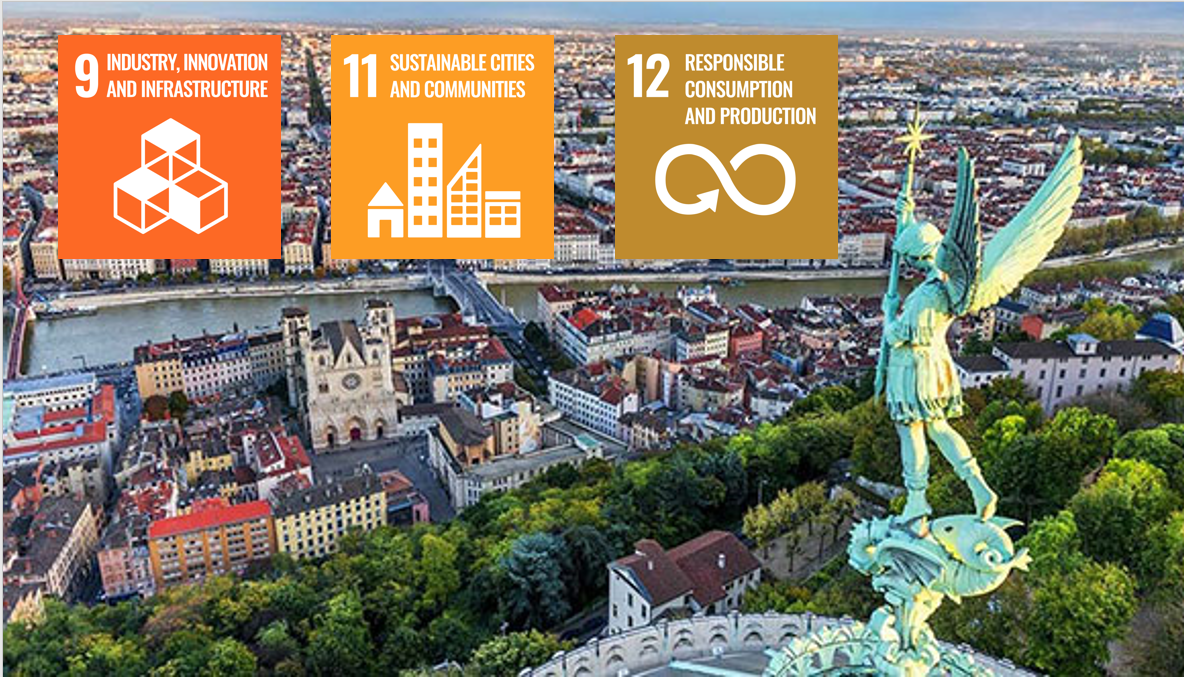
Gabriel Péri Square is located at the crossroads of several major automobile routes. More recently, migrants from Eastern Europe and Mediterranean countries have come together in the Square to sell produce and goods. Specific problems related to this informal economy have arisen and combined with social tensions at the shelters for asylum seekers and homeless people, has led to an atmosphere of insecurity for residents and shopkeepers in the neighbourhood.
The project principle is one of shared intervention among the partners and stakeholders. This takes the form of the presence of community social mediators who can be identified by their uniform. Two social mediation professionals are positioned in the Square from Monday to Friday during business hours. Their role is one of prevention, conflict management, guidance on the needs of the population and support and assistance to vulnerable people.
More info:
https://use.metropolis.org/case-studies/lyon-tranquillite-mediation-agency-altm
This case is :
Originally published on use: urban sustainability exchange. use is an open knowledge exchange platform dedicated to sustainable city making.
Visit use: https://use.metropolis.org/


 In Focus | World Cities Day: People-Centred Smart Cities
In Focus | World Cities Day: People-Centred Smart Cities City Stories | Fostering community resilience: A lifeline for the Central African Republic
City Stories | Fostering community resilience: A lifeline for the Central African Republic In Focus | Innovative Education, Empowering Futures
In Focus | Innovative Education, Empowering Futures




















 Tel: +86 020 3780 4434
Tel: +86 020 3780 4434 Email: info@guangzhouaward.org
Email: info@guangzhouaward.org Adress: Unit 01-7, 28th Floor, No. 7, Chunrong 3rd Road, Tianhe District, Guangzhou, Guangdong, 510000, PRC
Adress: Unit 01-7, 28th Floor, No. 7, Chunrong 3rd Road, Tianhe District, Guangzhou, Guangdong, 510000, PRC




